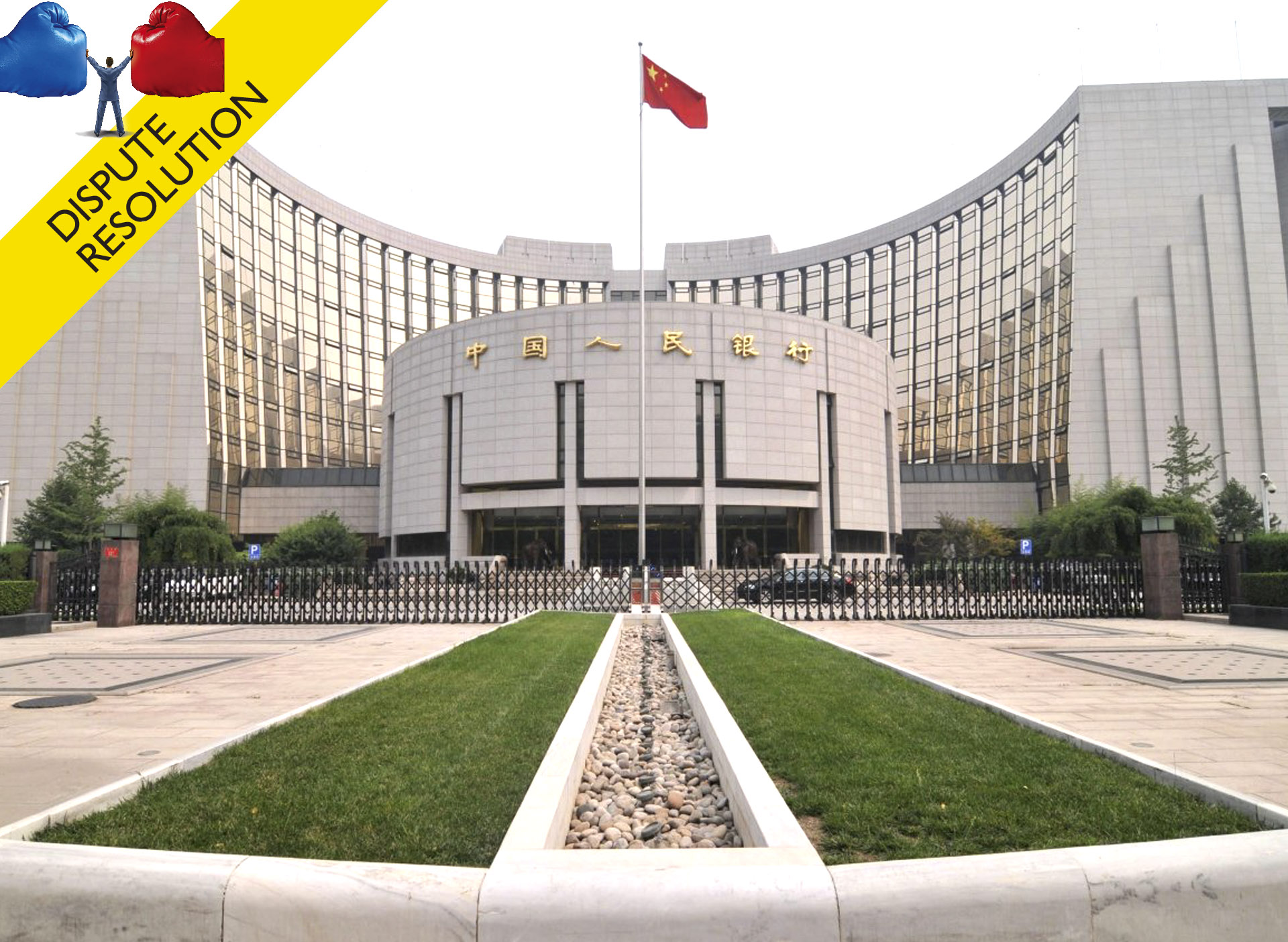By Vineet Aneja, Clasis Law
This year several policy decisions and judicial pronouncements affecting the tourism and hospitality sector were implemented. We have set out below some of the key developments and their effect on the sector:
Foreign direct investment (FDI) — As per the FDI Policy 2017 and subject to applicable regulations and laws, 100 percent FDI is allowed on the automatic route in the tourism and hospitality sector and in tourism construction projects pertaining to development of hotels, resorts and recreational facilities. As per India Brand Equity Foundation (IBEF), tourism in India accounts for 9.6 percent of the GDP and is the third largest foreign exchange earner for the country. Further, IBEF has reported, the mid-hotel segment in India to expect investments of Rs66 billion (US$990 million) excluding land over next five years, with major hotel chains like Mariott, Carlson Rezidor and ITC planning to set up upscale, budget hotels in state capitals and tier-II cities.
Supreme Court’s ban on selling liquor on national and state highways — The Hon’ble Supreme Court of India in its order dated December 15, 2016 prohibited the sale of alcohol on national and state highways, including those stretches of national or state highways passing through city limits. The prohibition also curbed the visibility and accessibility of liquor sellers falling within 500 metres from the outer edge of the highway or service lane along a highway. This order of the Court, though in the right direction, impacted the revenue and employability in the industry, on account of the establishments/liquor sellers falling within the ambit of the prohibition.
Subsequently, the Court through its order dated July 11, 2017 clarified that the prohibition was limited to the sale of liquor along and in proximity of highways which provide connectivity between cities, towns and villages and did not prohibit licensed establishments within municipal areas. The new clarification provided a big respite to the industry by lifting the ban within city limits.
Good and services tax (GST) — GST is crowned as one of the most significant reforms of the Indian economy. However, considering the concerns put forth by the industry, the GST council reassessed the tax rates and revised the applicability of the highest tax rate of 28 percent, initially applicable on room tariffs of Rs5,000 and above to Rs7,500 and above, per day per room. Further, 18 percent GST was fixed for hotels charging room tariff of Rs2,500 and above and less than Rs7,500 per day per room.
The highest tax rate of 28 percent GST charged on room tariffs of Rs7,500 and above is construed to impact the market share of hotels in the luxury category and impact global competitiveness. Yet, global brands are upbeat about their Indian expansion, based on the potential of the Indian market.
Demonetisation — The impact of demonetisation, the aftermath of which is still being grappled by the industry, pulled the brakes on spending (usually through cash) in the informal economy. The formal economy looks to be doing fairly better, where most of the hotel bookings are generally made through digital platforms and the primary clientele usually are the corporates.
Air India’s disinvestment — The government has taken the decision to go ahead with the disinvestment proposal of Air India (AI, a wholly owned government airline), including its subsidiaries, and also intends to deliberate on the percentage of disinvestment. The privatisation of AI is hailed by many in the industry to put an end to the heavy cost incurred on the exchequer.
Disinvestment of India Tourism Development Corporation (ITDC) properties — The government is reported to have taken the initiative to disinvest three hotel properties held by ITDC. The properties will be returned to the states after fair valuation. The usage of the properties whether as hotels to be managed by private operators or for a different purpose will be deliberated by the states. The intent to disinvest being “it is not the business of the government to run or manage hotels”.

T: (91) 11 4213 0000
F: (91) 11 4213 0099













































